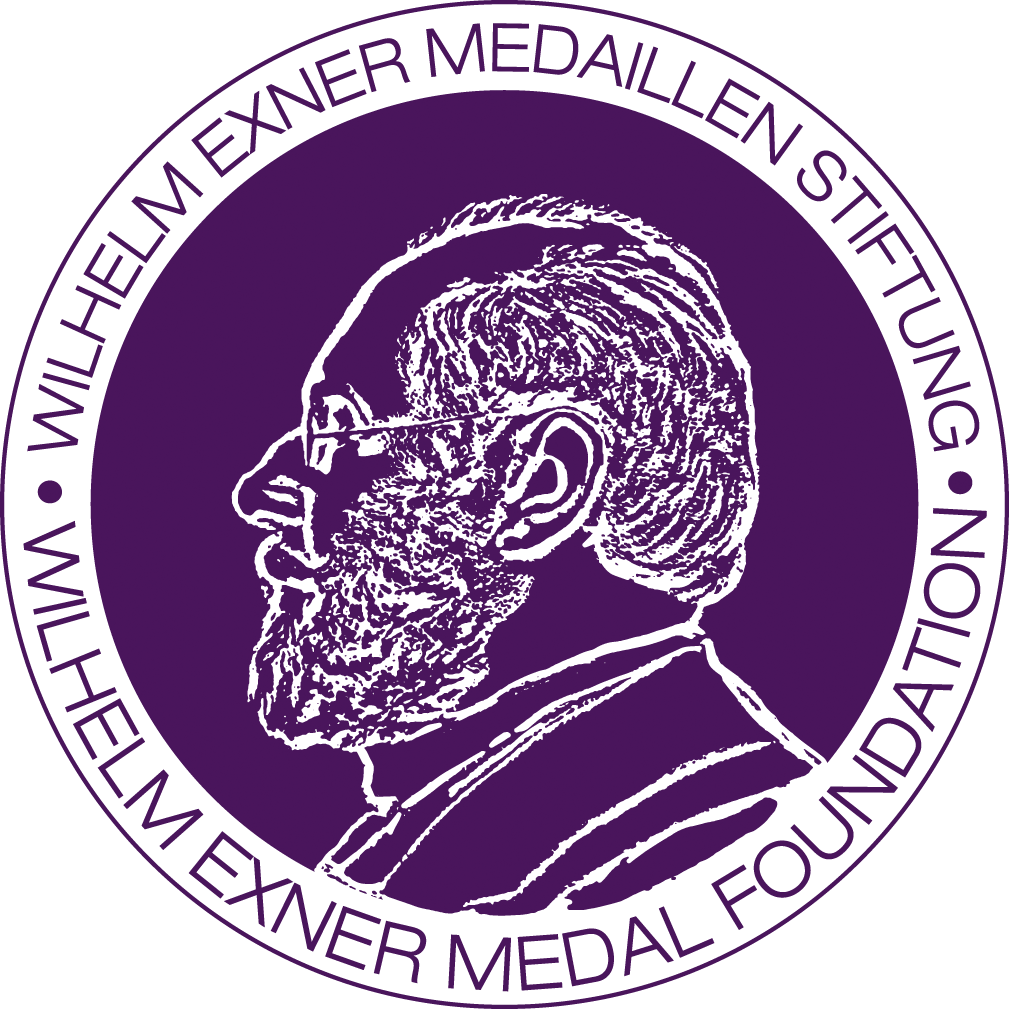
With his books “The Rocket to Planetary Space” and “The Paths to Space Flight” Hermann Oberth created the scientific basis for the development of rockets and manned space flight. In his works, Oberth already described almost all space concepts that became reality – from the first rockets and satellites to landing on the moon, from space probes and space shuttles to an international manned space station.
Oberth also recognized the economic dimension of space technology as well as its function in connecting nations. The proposed applications he formulated ranged from intelligence and weather satellites to geological, agricultural and geographical exploration from space, industrial bases in near-Earth space stations and on the Moon, and the extraterrestrial use of solar energy through space mirrors. In 1929, he conducted successful experiments with a liquid propellant rocket engine, assisted by students from the Technical University of Berlin. One of these students was Wernher von Braun.

